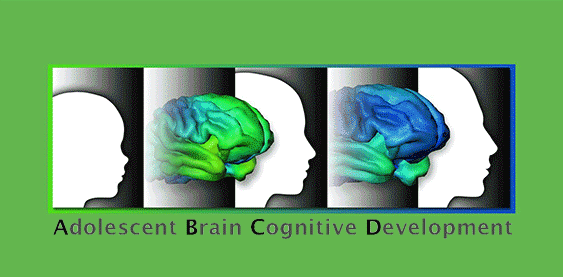The National Institutes of Health (NIH) is funding the Adolescent Brain Cognitive Development (ABCD) Research Consortium to evaluate how a wide range of experiences during the preteen and teenage years affect brain development. The ABCD Study will track the development of approximately 10,000 children aged 9-10 over 10 years through methods such as brain scans, interviews, and gameplay on iPads. The Collaborative Research on Addiction at NIH partnership originally conceived the ABCD Study to learn about how individuals develop before initiation of substance use and then track changes in their development through the period of highest risk. The ABCD Research Consortium has since expanded to include diverse NIH Institutes and Centers studying different aspects of youth development. In addition to substance use, the study’s partners will assess how experiences such as health disparities, mental disorders, screen time, sports injuries, and poor sleep patterns affect cognitive, social, emotional, and physical development during adolescence.
Home / CPI Announcements / NIH Launches Largest Longitudinal Study of Brain Development and Child Health in the U.S.
